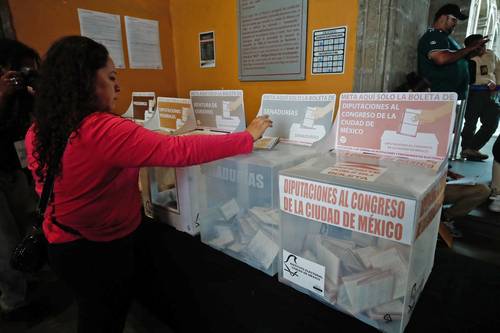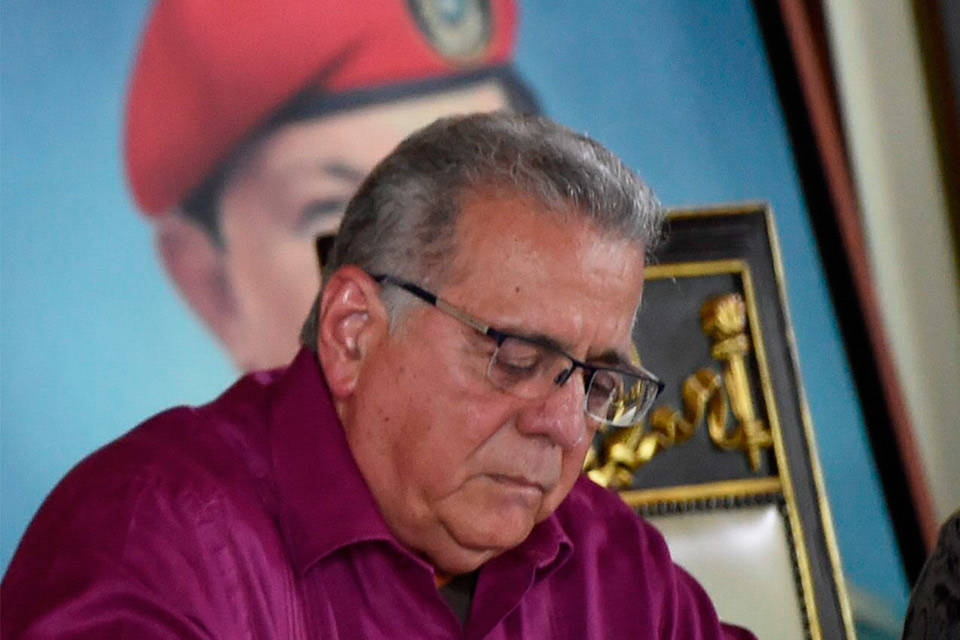2025 is shaping up to be another period of troubles and challenges for the health sector in Colombia, marked by uncertainty around a reform under discussion, the definancing of the system, limitations in the provision of services, the closure of healthcare units and a Capitation Payment Unit (UPC) which, according to experts, has been calculated inadequately.
Sector analysts warn that the 5.36% increase in the value of the UPC for this year will not only deepen the definancing of a system that already faces serious economic difficulties, but will also put the lives of Colombians at risk. due to the lack of timely care and the closure of medical services.
Read: How Colombia fared in the Global Pension Index: is it up, down or the same?
In the economic sphere, various unions and think tanks have warned that the health system will begin the year with an estimated deficit between $9 billion and $19 billion.
Former ministers and former vice ministers of Health They have described the management of the UPC as an “irresponsible, deliberate and without technical support from the Government” decision, warning that this situation will continue to affect users and patients who will be exposed to increasing risks.
“The health system will continue to languish in the midst of the crisis warned by experts and academics, with the consequent increase in guardianships, PQRS, closures of clinics and diagnostic centers, and temporary and permanent cancellations of medical services,” they noted.
On the other hand, it is relevant to highlight the situation of hospitals and clinics, which have denounced persistent debts with the sector.
According to data from the Colombian Association of Hospitals and Clinics (ACHC), in 2023 the accumulated debt amounted to $16.8 billion, with late payments of more than 60 days.
This is another factor that could aggravate the restriction in care for Colombians, deepening the structural crisis of the system and leading to widespread risk.
The details of the UPC increase
Alexis Munera
It is worth mentioning that recently The Minister of Finance, Diego Guevara, confirmed that, although an adjustment is being evaluated, achieving a significant increase in the UPC will not be an easy task due to the country’s fiscal reality.
During this year, the permanence of the Health Promotion Entities (EPS) remains one of the main uncertainties, due to the reform whose debate will soon resume in the plenary session of the House of Representatives. Although the number of EPSs intervened remains nine, its evolution will depend on the decisions taken by the Government. Additionally, experts point out that the future of the health system is tied to the bill under discussion, which is why they emphasize the need to establish a dialogue between the actors in the sector to advance the debate.
The moment of labor and health reform
2025 will be an important year for two bets of President Gustavo Petro that seek to fulfill his campaign promises, since the labor reform will seek to advance in the Senate and obtain presidential sanction, focusing on key changes such as the reduction of the working day to 44 hours since July, the extension of paternity leave to three weeks, and an increase in the night surcharge to 80%.
In parallel, health reform advances with a focus on primary care, highlighting predictive, preventive and resolution models, with a view to anticipating risks, promoting lifestyles healthy and respond efficiently to medical needs. The processing of this initiative will be in the House of Representatives.

Workers.
THE TIME
The debate on these two projects will continue in the month of February and the bets on their future are divided, given that both have already collapsed in previous attempts and the Government is working to restore its relations with the Congress of the Republic.
The avalanche of resignations due to the elections
In 2025, the preparation for the 2026 presidential and congressional elections will lead to a barrage of resignations in the Government and territorial entities, since March 7 is the deadline for ministers, directors of administrative departments, governors and Mayors leave their positions if they want to run for the Senate or the House.
For those who aspire to the Presidency, the deadline is until May 30 and here it must be said that figures from the Government, such as Susana Muhamad, Minister of the Environment, and Luis Murillo, Chancellor, sound like possible presidential candidates, while Juan Cristo, Minister of the Interior, could seek the Casa de Nariño. The directors of administrative departments such as Gustavo Bolívar and Alexánder López are also on the lists of candidates.

What is the city that was internationally recognized?
istock
Meanwhile, figures such as Andrés Camacho, Minister of Mines, and Daniel Rojas, Minister of Education, are expected to resign to seek a seat in Congress. President Petro had given until December 31 for those interested to resign.
Read: Changes due to pension reform would increase the probability that more women will retire
















